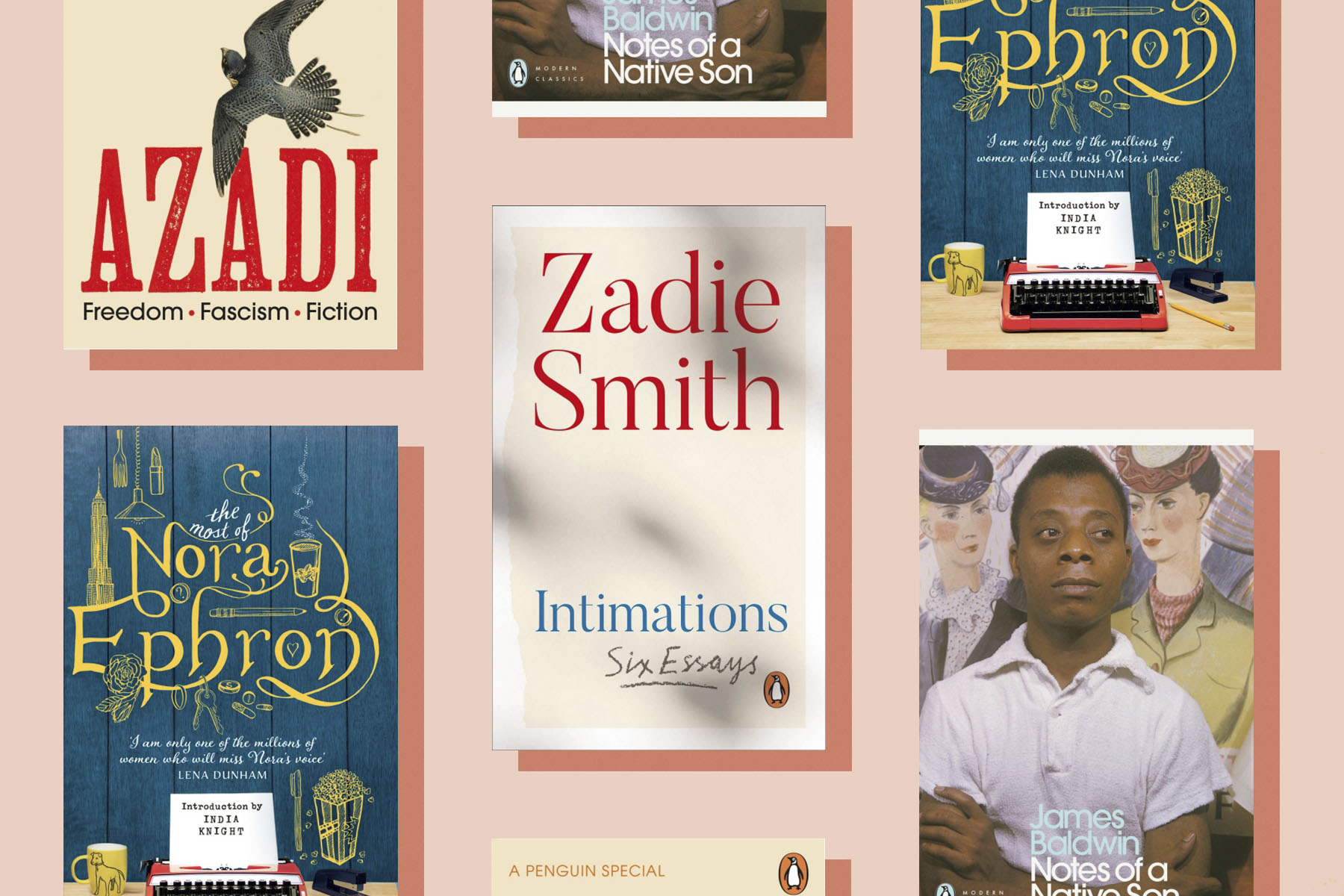- Home |
- Search Results |
- The best essay collections to read now

What better way to get into the work of a writer than through a collection of their essays?
These seven collections, from novelists and critics alike, address a myriad of subjects from friendship to how colleges are dealing with sexual assaults on campus to race and racism.
Trick Mirror by Jia Tolentino (2019)
As a staff writer at The New Yorker, Jia Tolentino has explored everything from a rise in youth vaping to the ongoing cultural reckoning about sexual assault. Her first book Trick Mirror takes some of those pieces for The New Yorker as well as new work to form what is one of the sharpest collections of cultural criticism today.
Using herself and her own coming of age as a lens for many of the essays, Tolentino turns her pen and her eye to everything from her generation’s obsession with extravagant weddings to how college campuses deal with sexual assault.
If you’re looking for an insight into millennial life, then Trick Mirror should be on your to-read list.
In Search of Our Mothers’ Gardens by Alice Walker (1983)
Sometimes essays collected from a sprawling period of a successful writer’s life can feel like a hasty addition to a bibliography; a smash-and-grab of notebook flotsam. Not so In Search of Our Mother’s Gardens, from which one can truly understand the sheer range of the Pulitzer Prize winner’s range of study and activism. From Walker’s first published piece of non-fiction (for which she won a prize, and spent her winnings on cut peonies) to more elegiac pieces about her heritage, Walker’s thoughts on feminism (which she terms “womanism”) and the Civil Rights Movement remain grippingly pertinent 50 years on.
Me Talk Pretty One Day by David Sedaris (2000)
That David Sedaris’s ascent to literary stardom happened later in his life – his breakthrough collection of humour essays was released when he was 44 – suited the author’s writing style perfectly. Me Talk Pretty One Day is both a painfully funny account of his childhood and an enduring snapshot of mid-forties malaise. First story ‘Go Carolina’, about his attempt to transcend a childhood lisp, is told from a perfect distance and with all the worldliness necessary to milk every drop of tragic, cringeworthy humour from his childhood. It never falters from there: by the book’s second half, in which Sedaris is living in France, he’s firmly established his niche, writing about the ways that even snobs experience utter humiliation – and Me Talk Pretty One Day is all the more human for it.